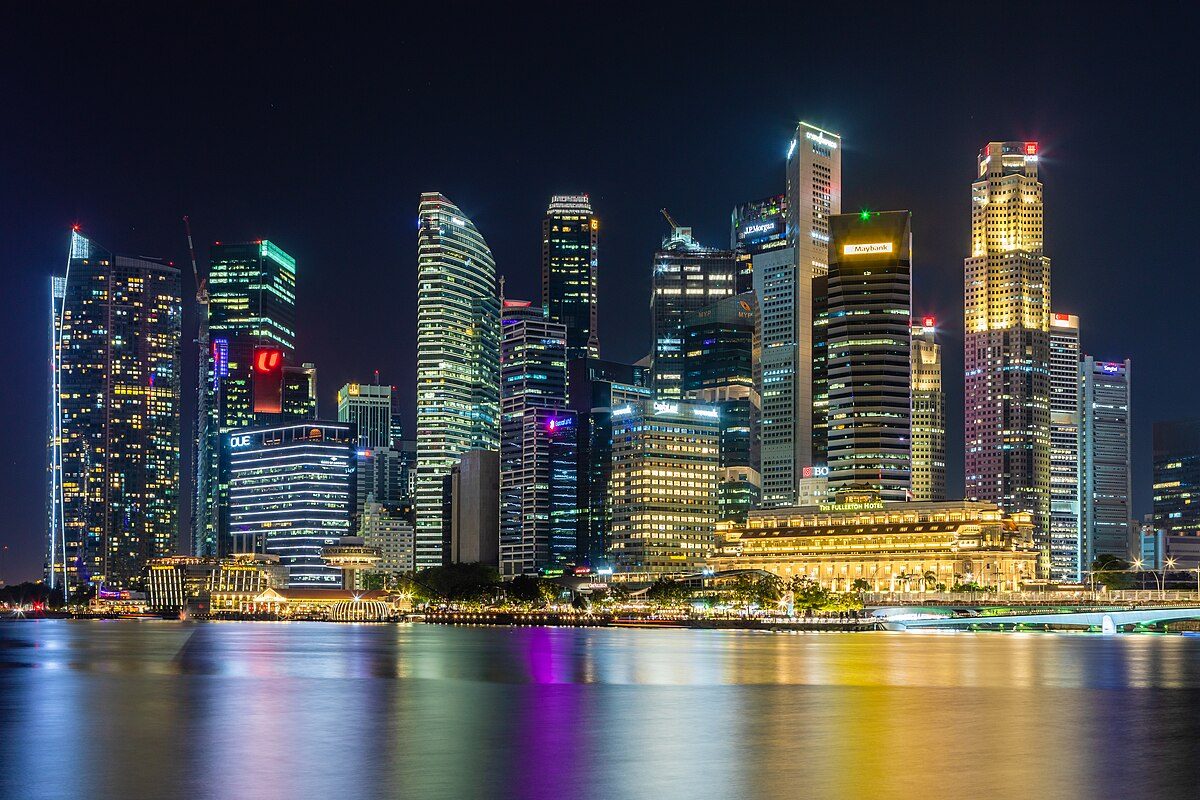Despite a slump in funding, Singapore’s venture capital market remained active in the first nine months of 2024. (straitstimes.com)
Firms headquartered in the Republic raised US$4.05 billion (S$5.45 billion) across 369 deals in the nine months ending September 2024, down slightly from US$4.3 billion and 410 deals in the same period in 2023, according to a report by Enterprise Singapore and research firm Pitchbook issued in November.
The dip in funding placed Singapore behind Beijing, London, New York and Silicon Valley in deal value. It also trailed those cities, along with Seoul and Tokyo, in deal volume.
On the other hand, the Republic captured the lion’s share of venture capital among Asean countries, accounting for 58 per cent of total deal volume and 68 per cent of deal value.
Venture activity was uneven within Singapore’s start-up ecosystem, with some sectors seeing dips in deal volume and value, compared with 2023, according to data from the government-backed Research, Innovation and Enterprise (RIE) 2025 plan.
The RIE, which is issued every five years, covers domains including smart nation and digital economy, human health and potential, urban solutions and sustainability, as well as manufacturing, trade and connectivity.
The data showed a decline in venture activity for both the general and deep tech sectors in Singapore in 2024, with deep tech seeing a sharper drop.
Deep tech firms refer to those which provide high-tech innovation in engineering, or are based on significant scientific advances.
Local general tech firms secured US$3.2 billion across 273 deals, slightly down from US$3.3 billion and 292 deals a year ago. Deep tech firms raised US$800 million across 96 deals, compared with US$1 billion and 118 deals in the same period in 2023.
Against this backdrop, the Government announced in October that it will invest $440 million to attract more venture capital firms to invest in local deep tech start-ups.
The sum will go to the Startup SG Equity scheme run by Enterprise Singapore and the Economic Development Board, expanding the total amount of government funding under the scheme to over $1 billion.
To support the development of more deep tech start-ups, the cap on total government equity has also been increased from $8 million to $12 million for each start-up.
Mr Phil Inagaki, managing partner and chief investment officer of Temasek-backed Xora Innovation, noted that the “true measure of success” in deep tech investment is defined not by deal volume but by the quality, long-term impact and global value in addressing critical challenges.
“Building deep tech ventures is no mean feat no matter where you are. This is especially so for Singapore with a small market and in a world abundant with large countries with muscular industrial policies,” he said.
“We are starting to see early promising signs for Singapore in attracting global deep tech talent, capital and networks.”
Mr Murli Ravi, co-founder of Tin Men Capital, offered another perspective.
He said that many investors active during the venture capital boom between 2021 and 2022 were either not based in Singapore or lacked venture capital expertise. Once the environment shifted, they quietly exited the scene, resulting in a drop in venture activity.
“What is needed urgently is for large local investors, including the Government, government-linked companies and family offices, to back our own start-ups, not mostly funnel capital to other markets or expect foreign funds to be committed to Singapore,” he said.
Observers told The Straits Times that venture capital activity is expected to pick up in the months ahead because of the expected interest rate cuts by the US Federal Reserve. Other factors such as geopolitical developments may also come into play.
Mr Bryan Oh, chief executive and co-founder of local battery recycling start-up Neu Battery Materials, believes that funding availability is starting to improve, with more investors reigniting their interest in start-ups.
“With interest rates coming down, and more dry capital around, I expect that we will start to see more investments in the coming few years,” he said.
Ms Tan Kaixin, general manager of Enterprise Singapore’s investment arm Seeds Capital, said that overall investment activity in Singapore is expected to start picking up as 2025 progresses, as declining US interest rates begin to take effect and fund managers, especially those who raised capital during the Covid-19 pandemic boom, ramp up their capital deployment.
“Overall, Singapore remains an attractive destination to access novel intellectual properties, spin off into commercially viable start-ups and to test-bed solutions before scaling into markets,” she said.
“There is also still available dry powder in the region, as characterised by a growing pool of global venture capital funds setting up offices in Singapore.”
Mr Chua Kee Lock, chief executive of Temasek-backed venture capital firm Vertex Holdings, said that while anticipated interest rate cuts could provide a tailwind for venture activity, a more nuanced recovery landscape should be expected.
“Ongoing geopolitical tension, from conflicts to trade dynamics, could create uncertainty and impact investment flows regardless of the rate environment,” he said.
“Trade disputes between the US and China continue to reshape global supply chains and investment patterns, particularly in semiconductors and technology.”
Mr Chua noted that the outcome of the US election could have certain implications for global markets and the tech industry.
“Policy changes, trade relations and regulatory environments could impact investment flows. We have observed that technological innovation and market opportunity often transcend these political cycles,” he said.
Mr Chua also said that there are several compelling trends emerging, with Singapore and South-east Asia playing an increasingly pivotal role in the global venture landscape.
The Republic has positioned itself as a strategic hub for next-generation technologies, and its robust regulatory framework, strong government support for innovation and deep talent pool are attracting both founders and capital, he noted.
“This includes promising developments in several key areas such as deep tech and AI infrastructure, Singapore’s advanced digital infrastructure and supportive policies around AI development to foster innovative start-ups focused on enterprise AI applications,” he said.












